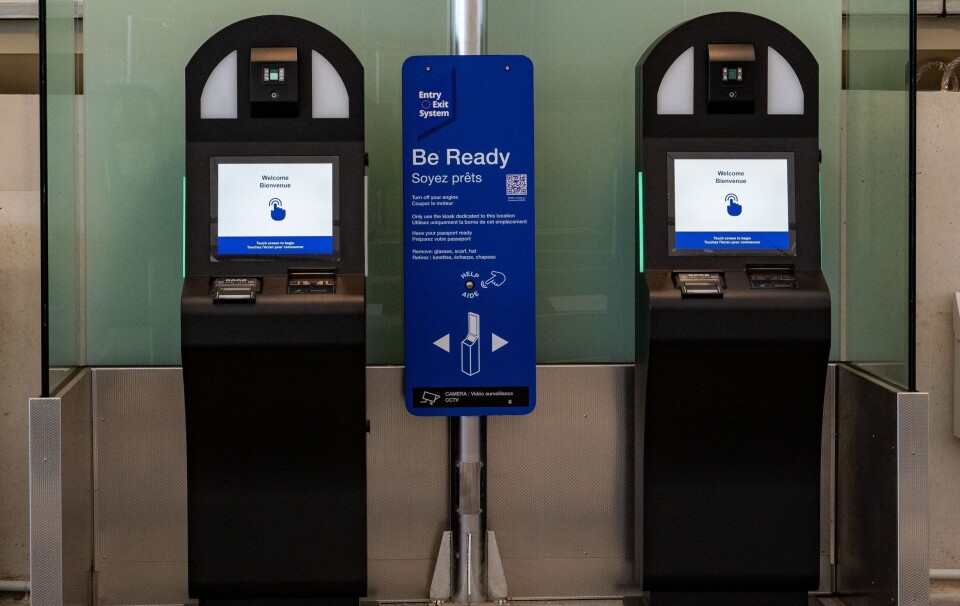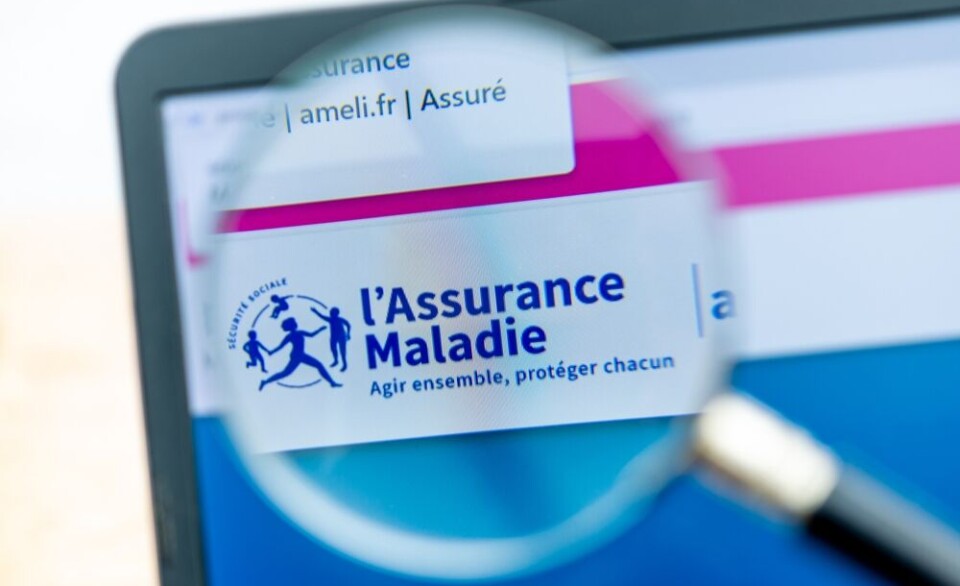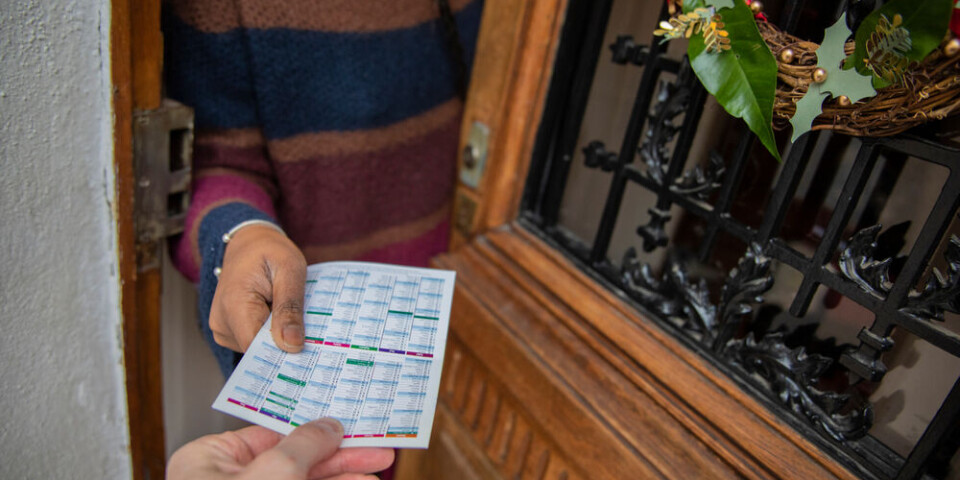-
French woman married to two husbands for 17 years due to mairie error
While the correct name of her husband shows on the marriage certificate, the mayor was also listed as her husband on official papers
-
Checklist: 7 things new parents must do after giving birth in France
From registering the birth at the mairie to contacting CAF, see our quick-look checklist of what you need to do once the baby has been born
-
French group want law to give all newborns both parents’ surnames
An MP who is supporting the idea said it was an ‘important marker’ for women and that families could still choose to give one name if they preferred
Why was I asked for a ‘recent’ birth certificate copy?
Why do officials ask to see a birth certificate less than three months old? R.G.

A french birth certificate – acte de naissance – is valid as long as the information on it has not changed in any way (the same applies to death and marriage certificates). However for many common administrative procedures an ‘extract’ (copy) with an issue date fewer than three months ago is often requested.
This is because French birth certificates may be altered with a mention marginale – a note in the margins – which can include: birth of children, marriage, death, gaining French nationality or a change of first name or surname (automatically added by the état civil service), divorce or separation (added on request from yourself or your lawyer) or creation or ending of a pacs (on request to the tribunal d’instance or a notaire).
Certain legal decisions such as a change of matrimonial regime or a tutelle (being placed under legal guardianship) may also be inscribed with the letters ‘RC’ plus a number – referring to further details stored by the Répertoire civil, accessible on request.
As a result of the same rules being applied to everyone, British people are also often asked to supply a certificate of less than three months old. This is despite it usually being irrelevant as UK ones rarely change, with exceptions like finding out your father is not who you thought he was or in the case of a gender change.
However, a spokesman for the national government’s Direction des Affaires Etrangères said this is not obligatory. He said: “As far as possible and purely so as to reassure our French bureaucrats who can be a bit picky, we recommend clarifying, in a covering letter, the reasons why the certificate does not meet the usual rules of ‘recent issue’. It costs nothing and may gain you time.”
























